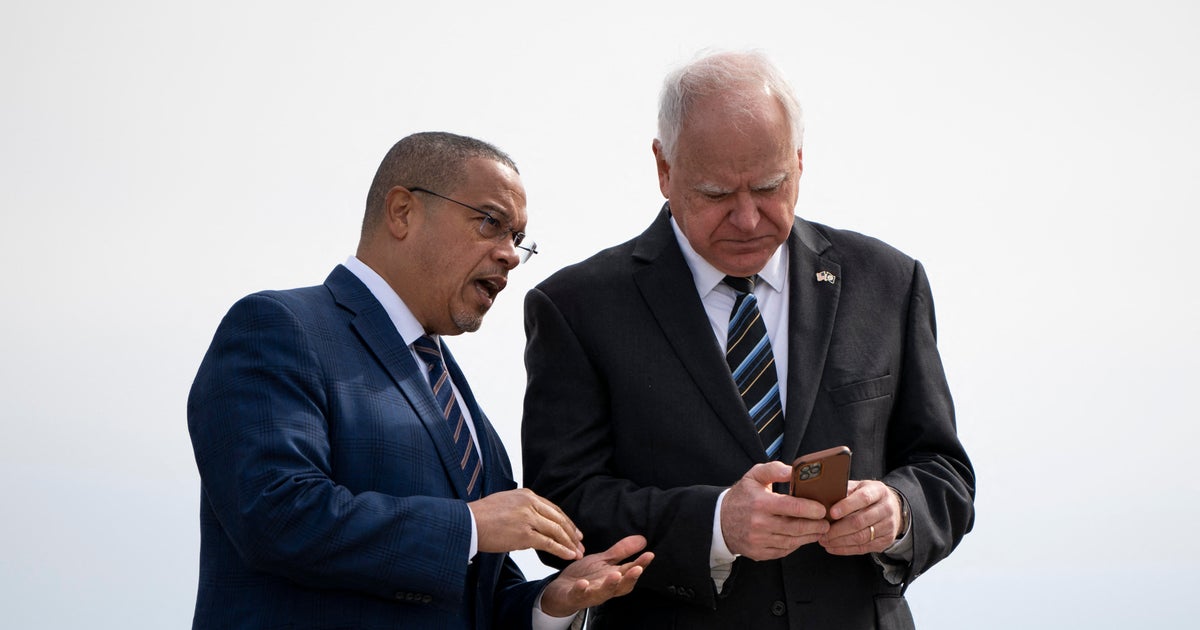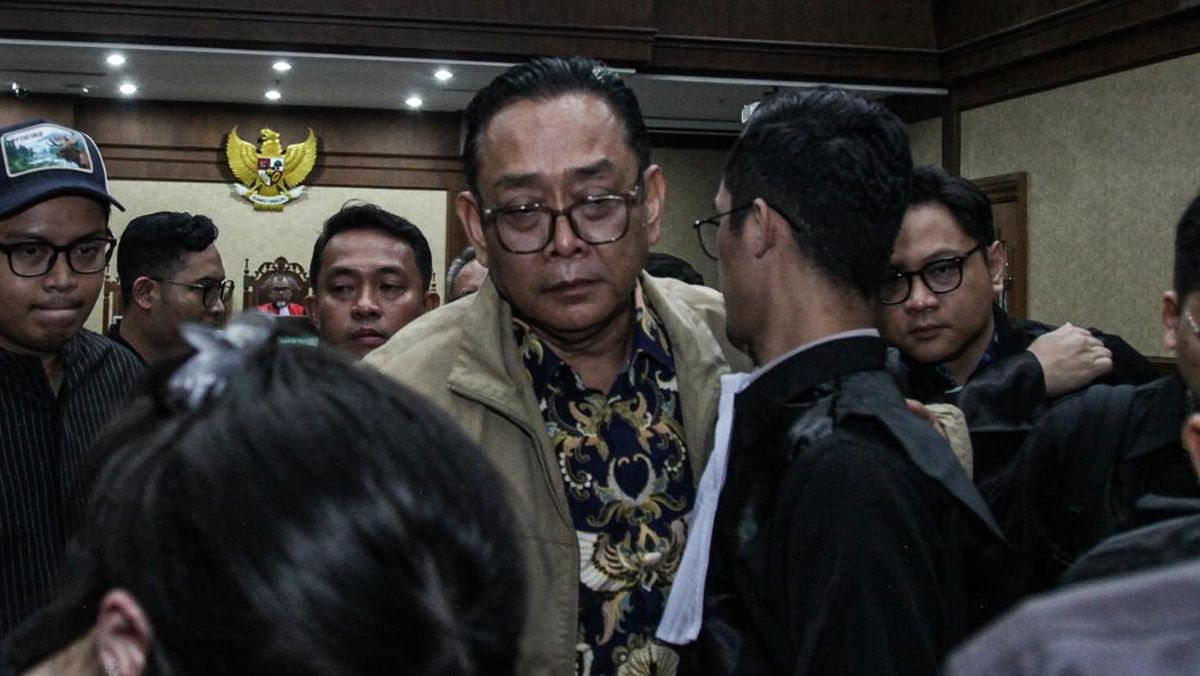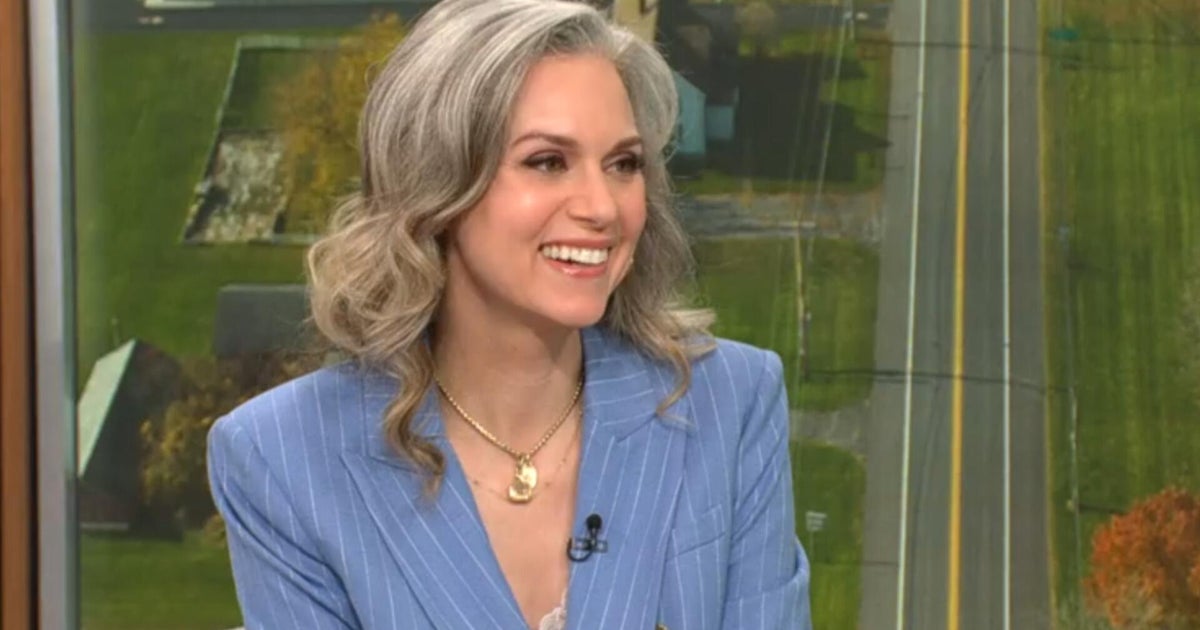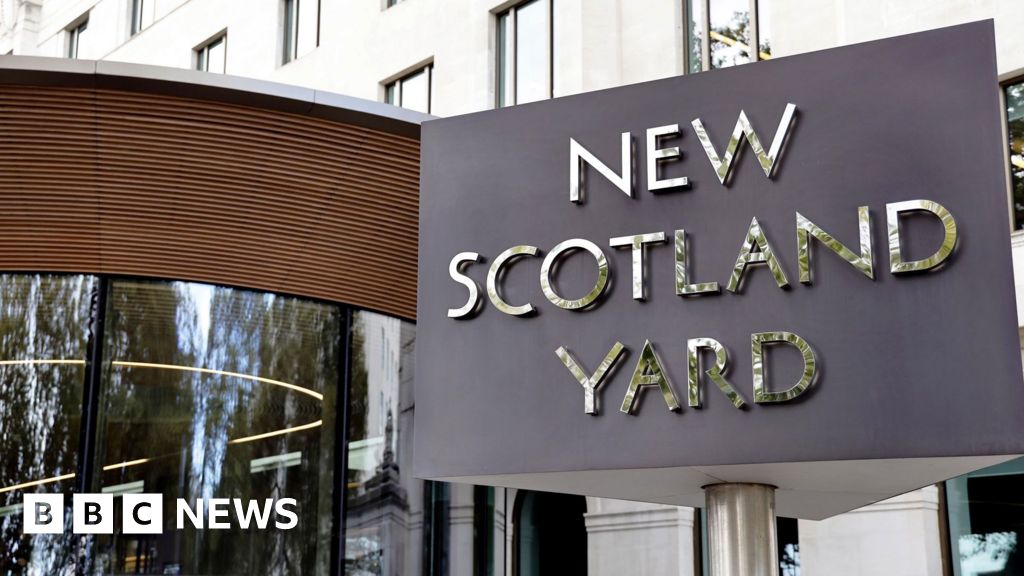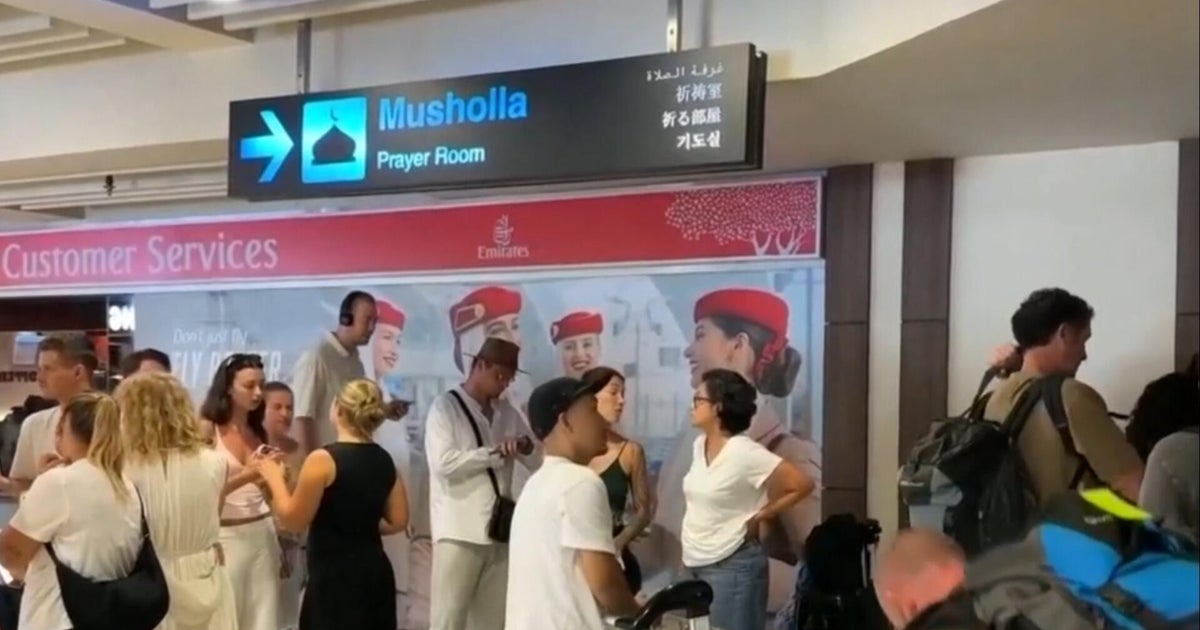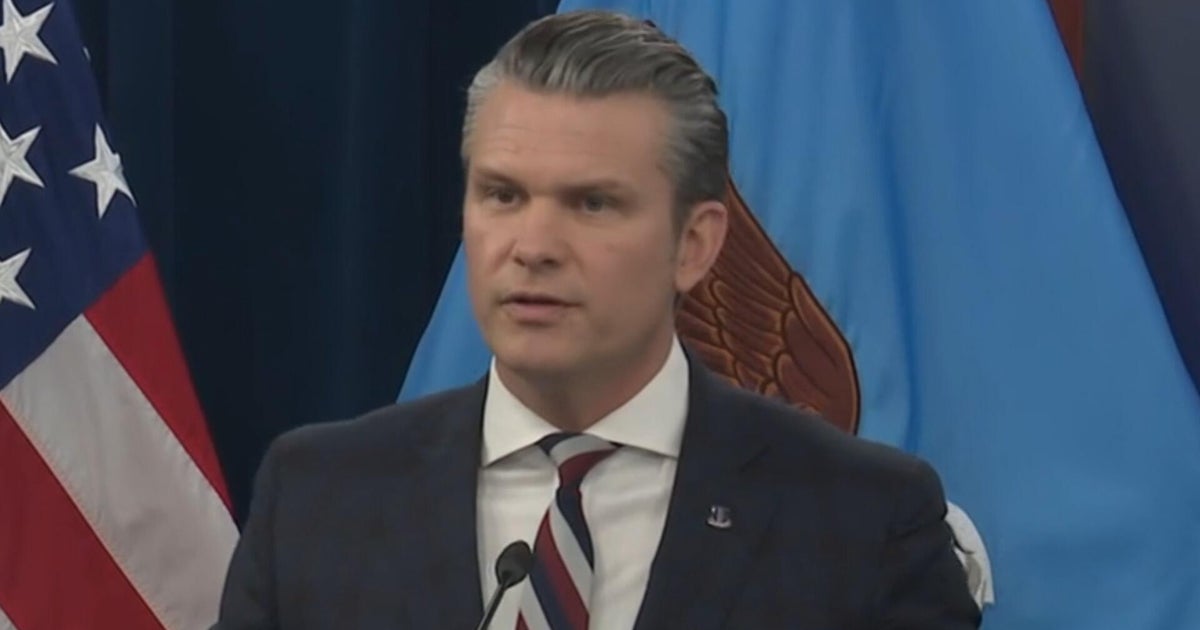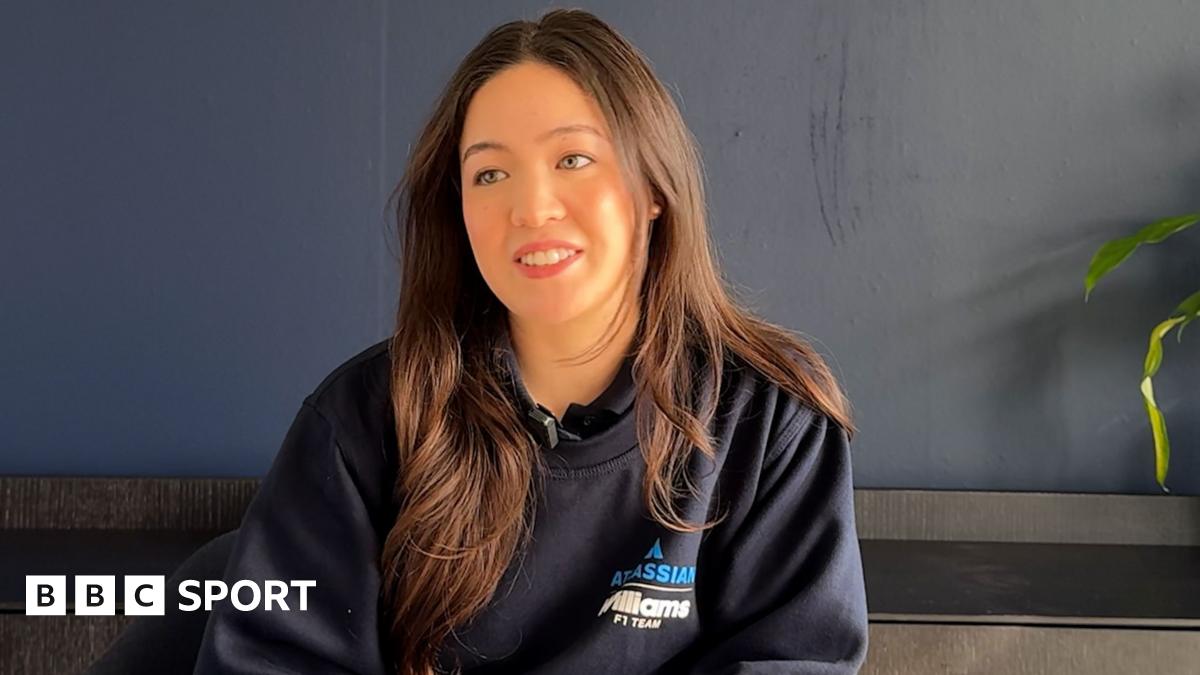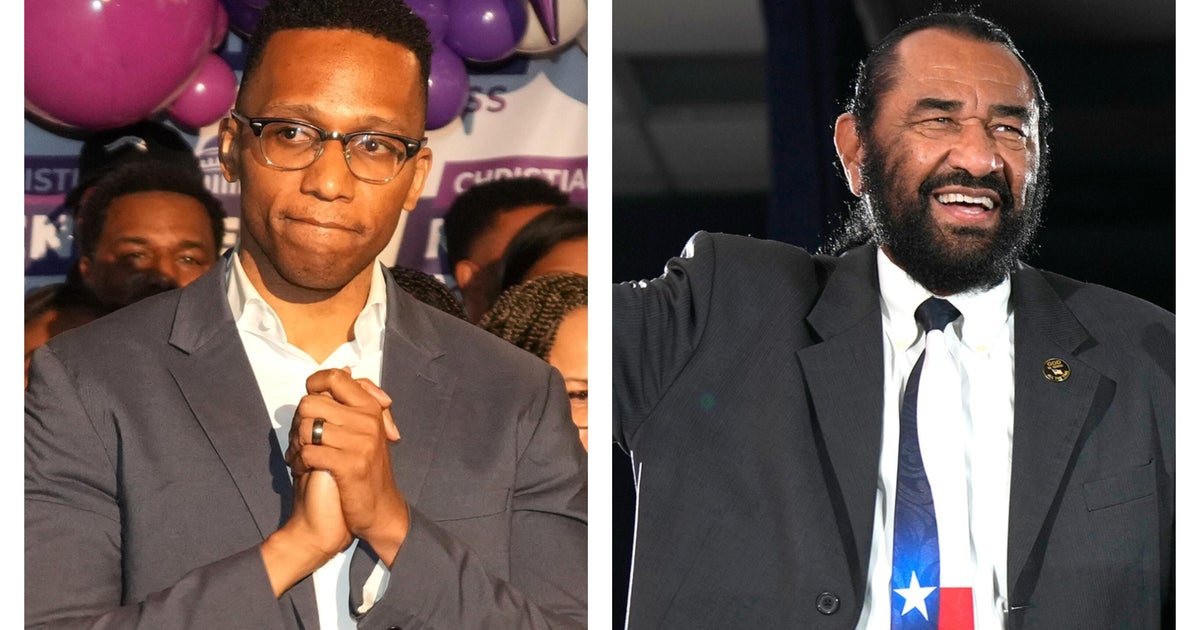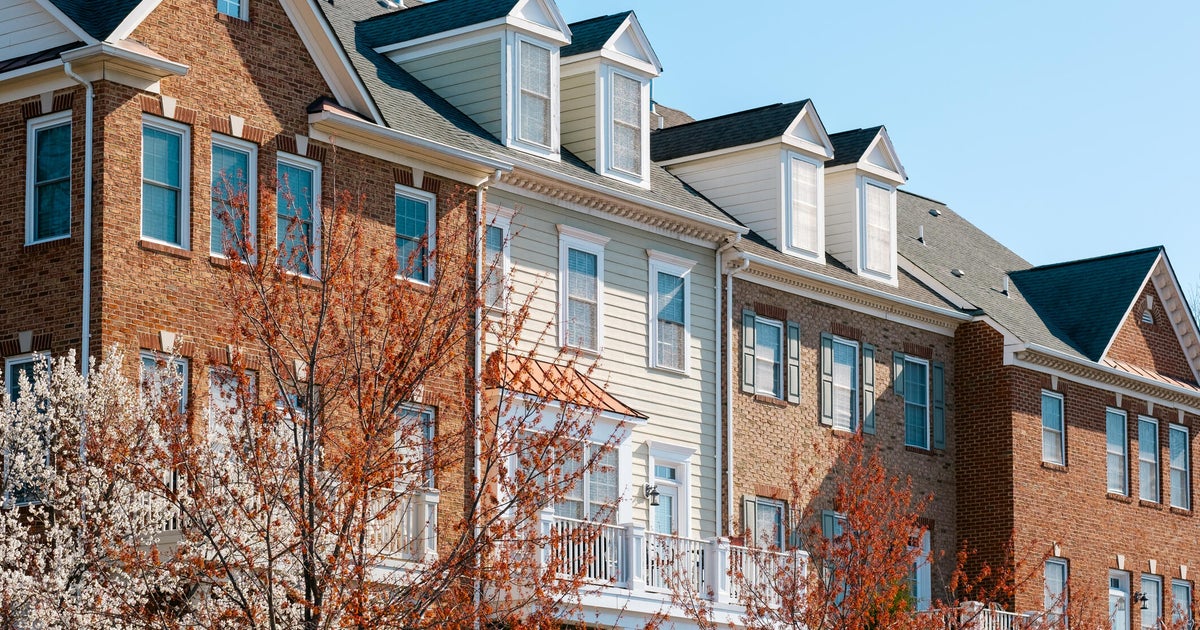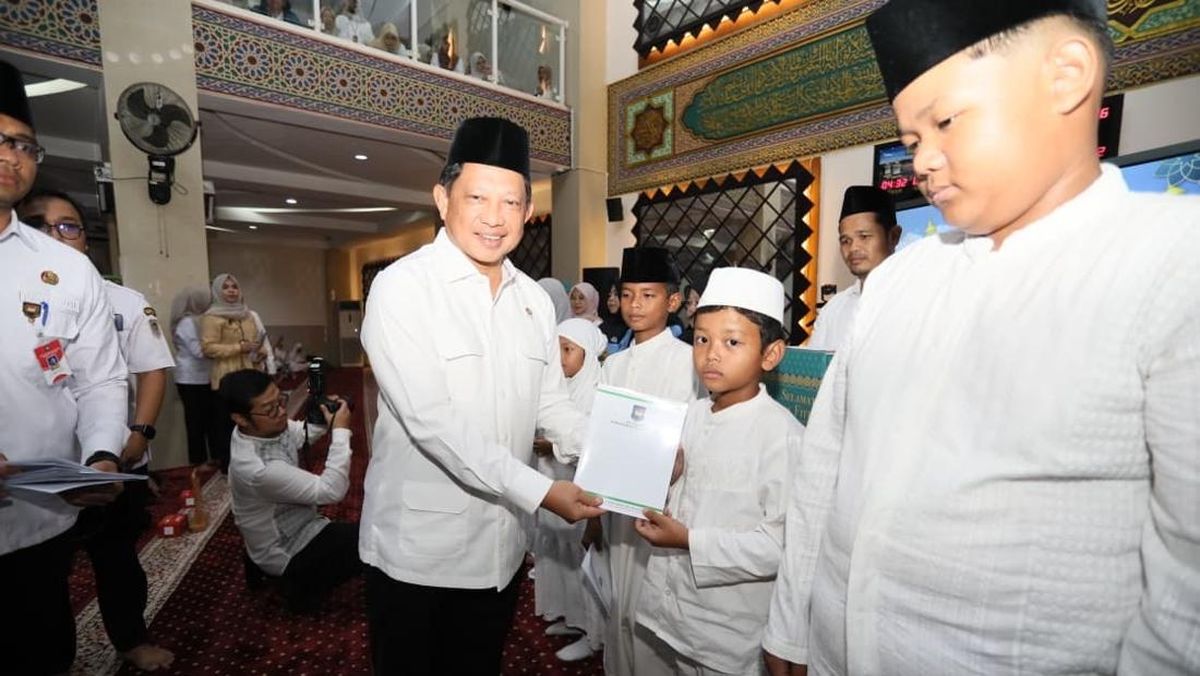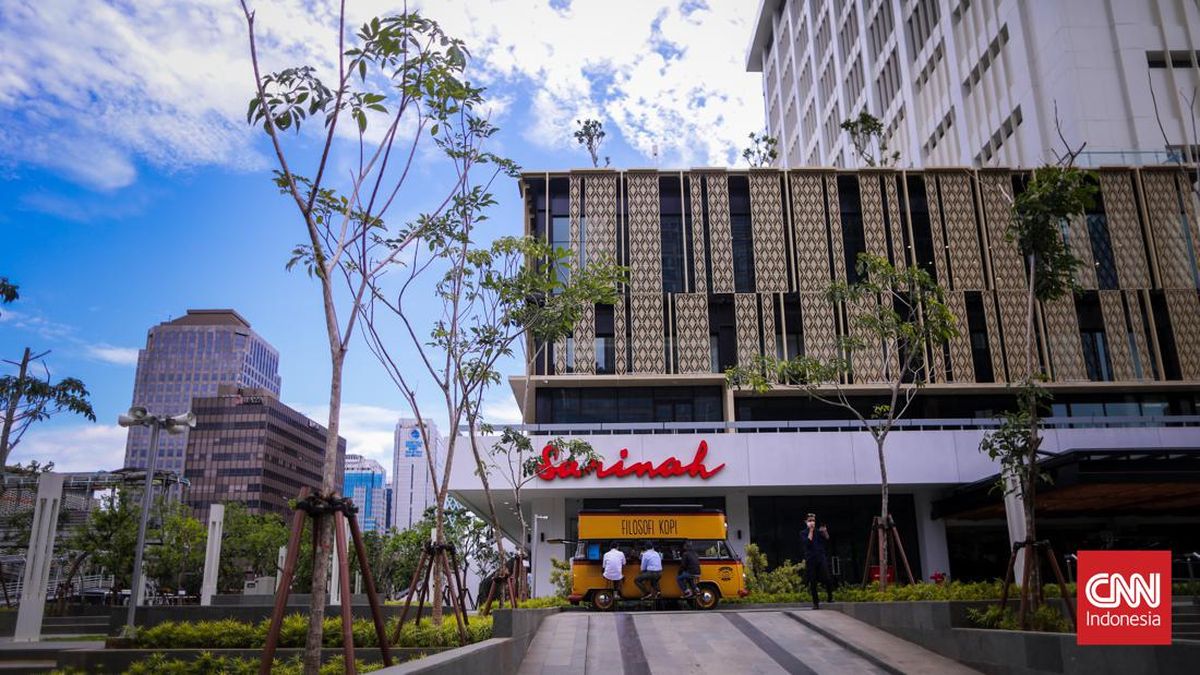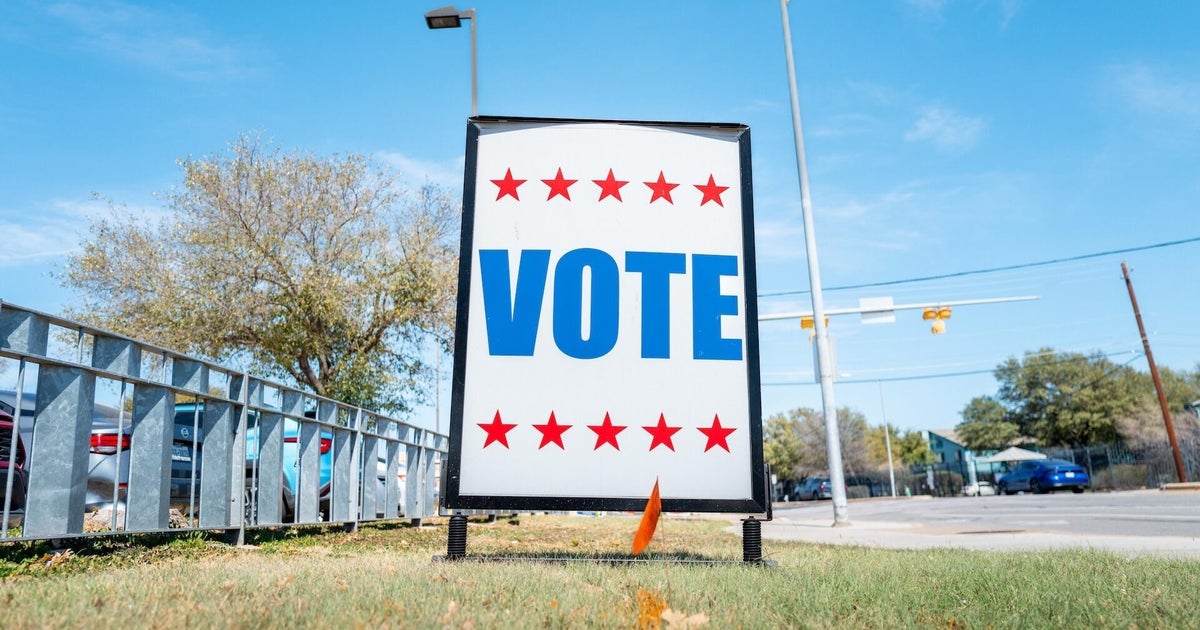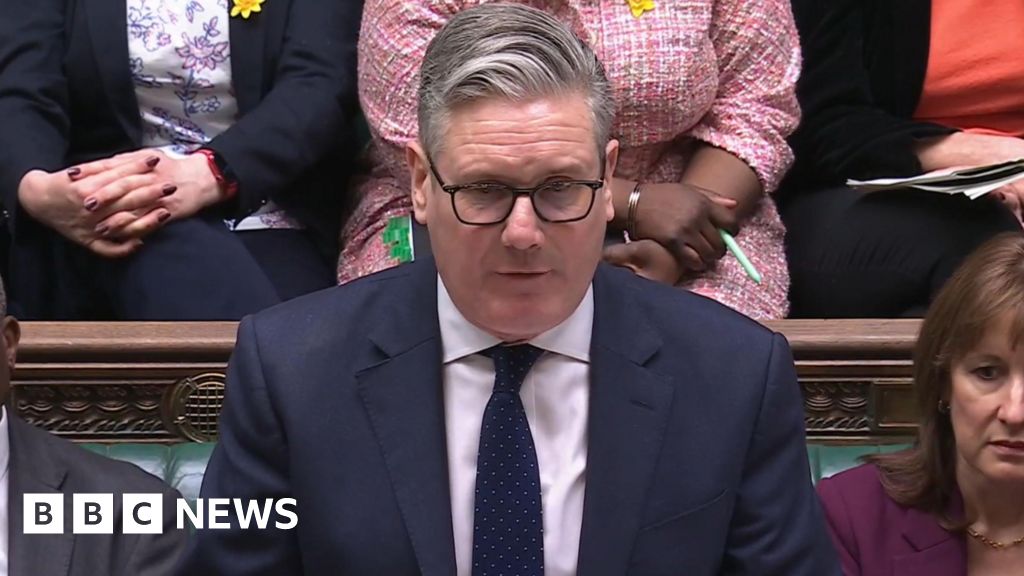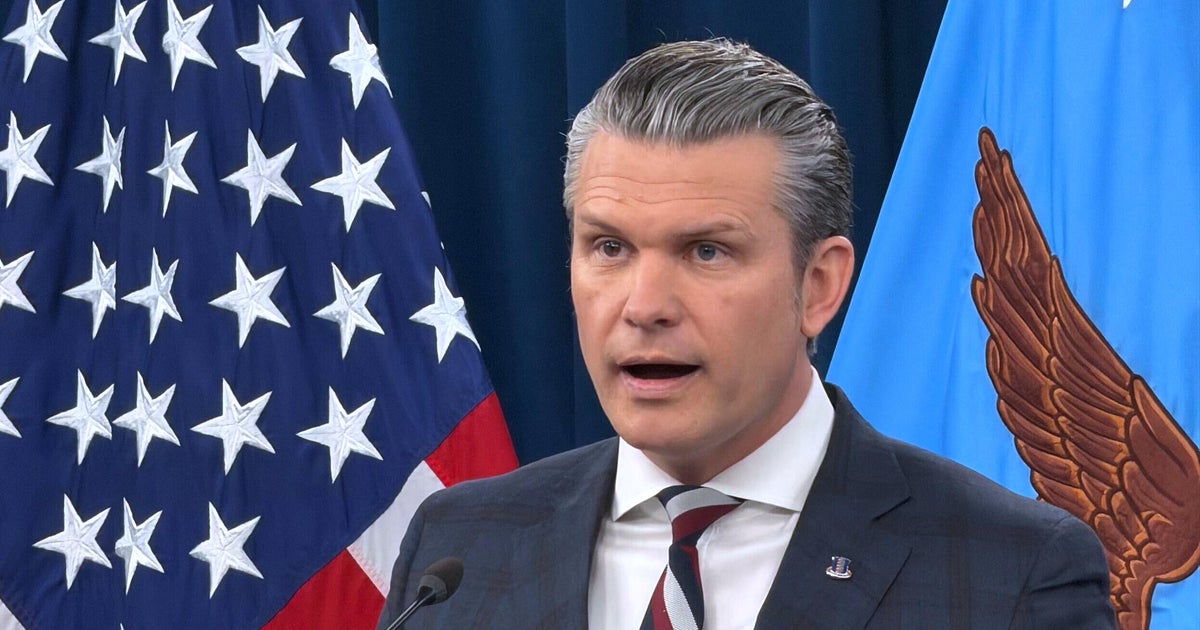A federal judge on Wednesday issued a temporary restraining order requiring federal authorities to maintain certain sanitary conditions inside the U.S. Immigration and Customs Enforcement facility in Broadview, while also guaranteeing detainees contact with their attorneys.
The order requires ICE to provide detainees at Broadview with clean bedding and sufficient space to sleep if they are held overnight; a shower at least every other day; clean toilet facilities; three full meals per day; a bottle of water with each meal; adequate supplies of soap, toilet paper, and other hygiene products; and menstrual products and prescribed medications.
Holding cells also must be cleaned at least twice a day, and detainees must be provided free and private phone calls with their attorneys. Detainees also must be given a list of pro bono attorneys in English and Spanish upon arrival at the facility, along with interpreter services if needed. Detainees also must be listed on ICE's online detainee locator system as soon as they arrive at the Broadview facility.
U.S. District Judge Robert Gettleman listened to several hours of testimony on Tuesday about conditions inside the Broadview facility, and said he was convinced the building meant to hold detainees for a matter of hours has essentially become a prison.
The temporary restraining order that he issued on Wednesday will remain in effect until Nov. 19, when he will hold another hearing in the case.
The judge ordered Trump administration attorneys to provide him with a status report by noon on Friday on their efforts to comply with his order.
The plaintiffs who brought the class-action lawsuit have argued conditions at the ICE facility are inhumane and require court intervention.
At Tuesday's hearing, five people who had been detained in Broadview testified that it was overcrowded; that there wasn't adequate food, medical care, or sleeping conditions; and that they could not access showers, soap, or other hygiene items.
They testified that people have had to sleep on the floor or in plastic chairs with only a plastic blanket. The plaintiffs further alleged, among other things, that toilets are overflowing with human waste, and that the waste has accumulated around toilets where people had to sleep.
The facility is designed to hold detainees for up to 12 hours, but since the Trump administration's immigration crackdown in the Chicago area began, often has held some migrants for days.
Detainees also have said that they were coerced into signing documents that they did not understand, and their attorneys have said they were not allowed proper access to legal representation.
The lawsuit claimed agents at the facility "cut off detainees from the outside world," which the government has denied.
Gettleman said he found the witnesses presented highly credible evidence, and that he tried to issue a temporary restraining order that recognizes what it's like to run such a facility while also maintaining people's constitutional rights.
The plaintiffs had urged Gettleman to issue an even more sweeping restraining order that would have gone even farther than Gettleman's mandate – including specific limits on how many people could be kept in holding rooms or cells, and more frequent cleaning of holding areas. The plaintiffs' attorneys also wanted Gettleman to allow them to conduct their own regular inspections of the facility, alongside an expert and photographer.
If those conditions could not be met within three days, the plaintiffs wanted a restriction placed on holding any detainees in Broadview for more than 12 hours. But those limits were not included in Gettleman's order.
Government lawyers had argued that the sweeping restrictions the plaintiffs had sought would "halt the government's ability to enforce immigration law in Illinois."


